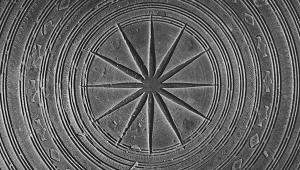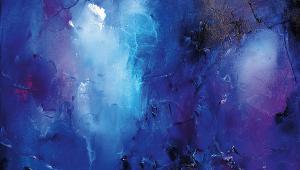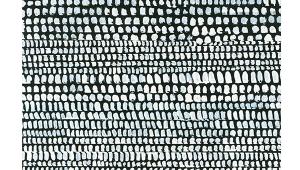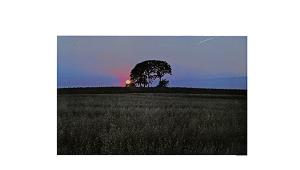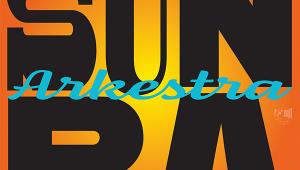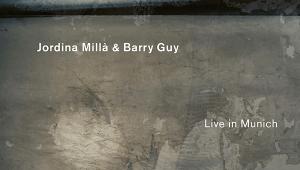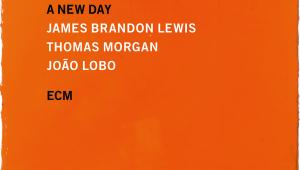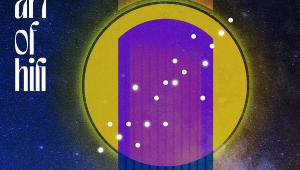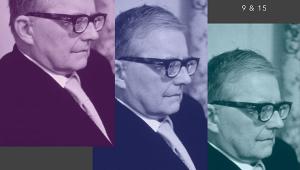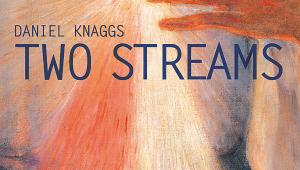Hi-Res Downloads, November 2019
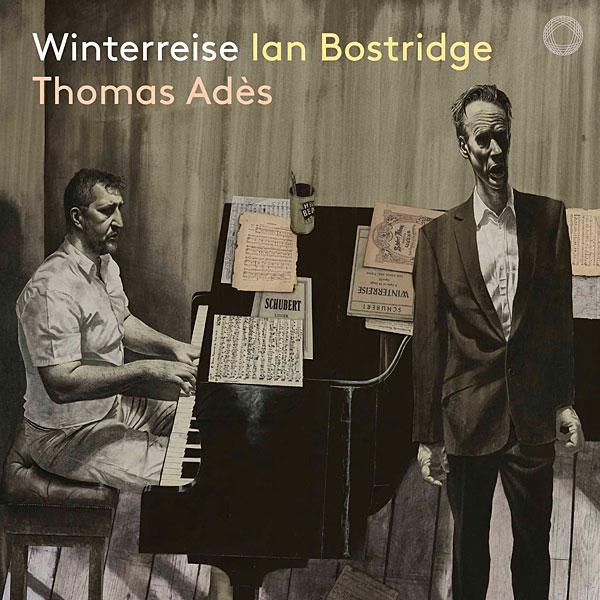
 Ian Bostridge/Thomas Adès
Ian Bostridge/Thomas Adès
Schubert: Die Winterreise (96kHz/24-bit, FLAC)
www.highresaudio.com; Pentatone PTC5186764
Ian Bostridge has made two previous recordings of Schubert's song-cycle – with Julius Drake (filmed in 1997) and, in 2004 for EMI, Leif Ove Andsnes. But here, he says, Thomas Adès has discovered fresh detail in the manuscripts, and they have been touring the piece in Europe and the States before this Pentatone label debut (Wigmore Hall, recorded live Sep '18). Shame about the booklet artwork though! Now 55, Ian Bostridge has inevitably lost that boyish early sound – the voice is richer – while the rapport with Adès is quite extraordinary. I thought this Winterreise might be much like the Pears/Britten Decca landmark but it's better, especially in the vivid gamut of the accompaniments – from the distanced flow of 'The Crow' to the excitement of 'The Post'. The sheer dead stop at the very end took me by surprise here! The balances are close but the production is exemplary. CB
Sound Quality: 90%
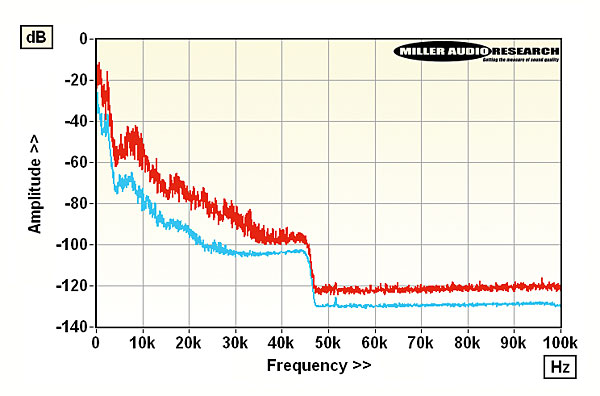
Lab Report
Offered as part of Pentatone's Premium Series, many of these are DSD recordings transcoded to LPCM via a Weiss Saracon SRC. The slight upturn in requantisation noise suggests this is the case here – the recording technically flawless. PM

Cyrille Aimée
Move On (96kHz/24-bit, FLAC)
www.highresaudio.com; Mack Avenue Records MAC1087
Subtitled 'A Sondheim Adventure', this album may seem to tread a familiar path, as there's no shortage of albums out there offering a route through the prolific theatre composer's works. Yet Aimée avoids the obvious bear-traps in the Sondheim canon – no 'Send In The Clowns', for example – and concentrates on a jazzy take on some of the less familiar numbers, in which the composer's clever combination of scoring and word-play are much in evidence. She also has the vocal chops and diction to make the most of those oh-so-clever lyrics, while at the same time making the whole thing swing most agreeably. Even 'Not While I'm Around', shorn of its creepy Sweeney Todd overtones, becomes affirmative when the French singer's joyful vocals are backed by a tight little jazz trio, and the production throughout serves the performers splendidly. AE
Sound Quality: 85%
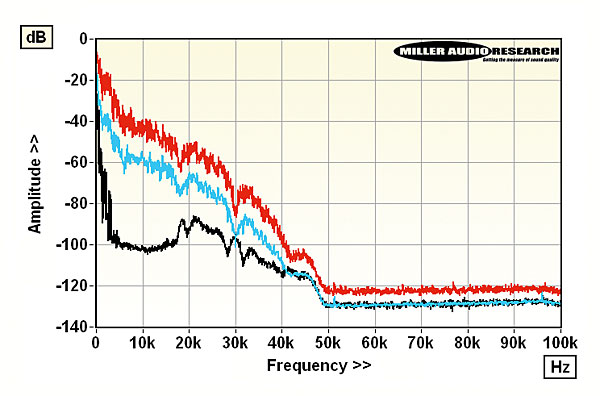
Lab Report
Recorded up-close, with some suggestion of clipping in the recording chain, there's also evidence of downstream limiting and other processing – notches at 18kHz and 30kHz, plus spurious ultrasonic content [black spectrum, above]. PM

Michael Bublé
Love (Deluxe Edition) (96kHz/24-bit, FLAC; MQA)*
www.highresaudio.com; Reprise 2-575367
The backstory to this set is well-known, in that Bublé's young son was seriously ill, and went through two years of treatment during which the singer contemplated retiring from performing and recording to spend time with his family. In the light of those circumstances, this set of standards musing on the nature of love has an added poignancy, but what has resulted is by no means introspective or maudlin, but rather what Bublé does best – an upbeat feast of retro-vocal styles, as evocative of the great era of big band singers as it is on-trend with the whole 'lounge' thing. His voice is as lush as the arrangements by long-time collaborator David Foster, and the set is a pretty safe range of standards plus a few originals. It's a real fan-pleaser and even the unconverted cannot fail to admire the big, rich sound and the carefully crafted sense of easygoing swing. AE
Sound Quality: 85%
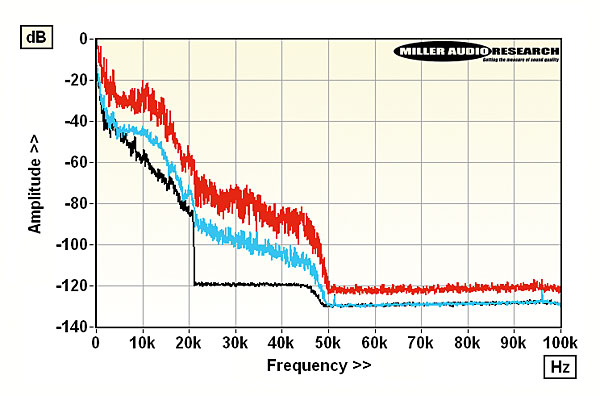
Lab Report
Although this file is 'packaged' into a 96kHz envelope, the music clearly contains mixed-rate content – trk 12 at 44.1kHz [black spectrum] – with trk 8 and others showing evidence of clipped samples in the bursts from 22-48kHz. PM
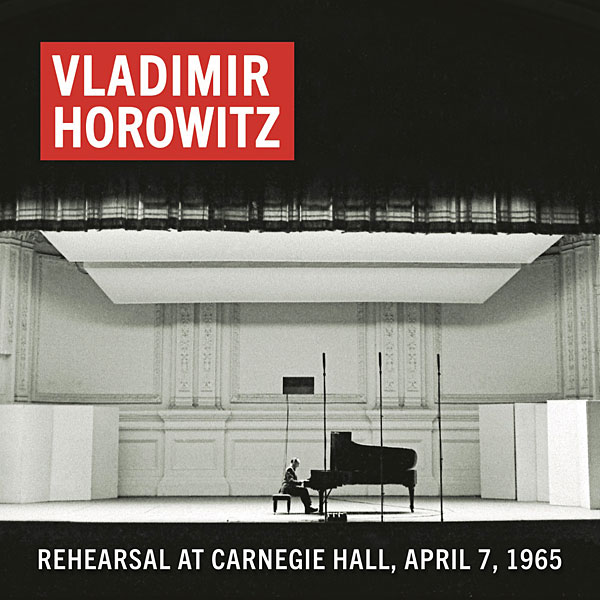
Vladimir Horowitz
Rehearsal At Carnegie Hall, April 7, 1965 (192kHz/24-bit, FLAC)
www.highresaudio.com; Sony G0100040978897
The pianist's 'historic return' to play at Carnegie Hall on 9th May 1965, after a 12-year absence from public performance, has been issued twice by Sony – with and without correction retakes to cover fluffs. Horowitz completists will want to 'eavesdrop' on some of his preparatory work, although this high-res sequence excludes some pieces he programmed – but there's a Scarlatti Sonata and a Rachmaninov Prelude which don't figure on those live/re-edited CDs. (You may need to copy a track-listing from HRA's web page as this download comes without a booklet.) Horowitz's favourite Moszkowski Étude is scrambled but Liszt's first Valse oubliée is magical, while movements from Schumann's Op.17 give you a better idea of the actual Horowitz piano sound than almost any of his RCA/Sony CDs ever did. CB
Sound Quality: 80%
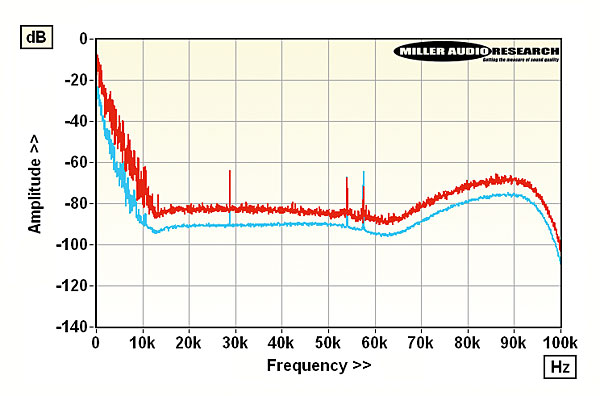
Lab Report
Copied from the master tape, dynamic range is necessarily limited by the host analogue media, and ~12kHz bandwidth by the piano itself [Schumann on Graph] but peaks at 29kHz, 54kHz, 58kHz and noise >60kHz are all entirely spurious. PM
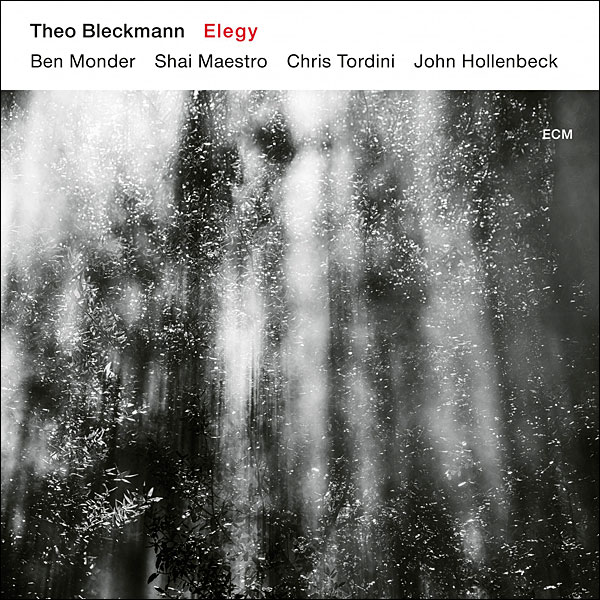
Theo Bleckmann
Elegy (96kHz/24-bit, FLAC; MQA)
www.highresaudio.com; ECM 2512
You'll either love composer and vocalist Bleckmann's style or find it intensely annoying: for much of this album it's used as an instrument, the vocal stylings being wordless, and when he does sing in the conventional sense, as on his cover of Sondheim's 'Comedy Tonight', it's to transform the upbeat, riotous number opening A Funny Thing Happened On The Way To The Forum into nothing short of a funereal piece. OK, I get the whole 'tears of a clown' thing, but this might be a misfire. Of more concern is whether Bleckmann's voice, on his ECM debut and lovingly produced by Manfred Eicher, stands up to the instrumentalists with whom he's surrounded. I found myself wondering whether a track might not be just as strong shorn of the often strange vocal shapes, and whether a wry smile might be more appropriate than admiration. AE
Sound Quality: 80%
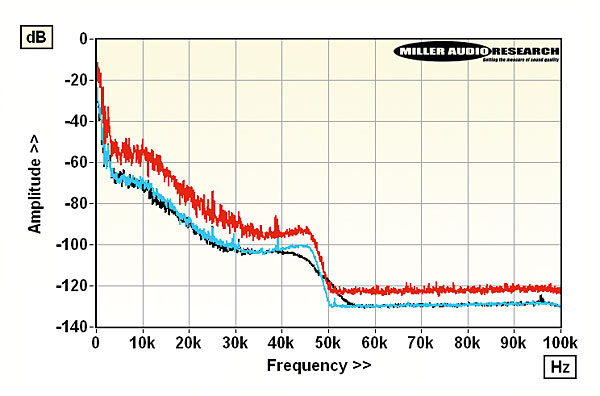
Lab Report
Tested in both straight linear PCM and MQA [black spectrum] guises, this 96kHz rendering makes excellent use of the available dynamic range (no hint of clipping here). Note effect of the gentler min-phase MQA filter above 40kHz. PM

